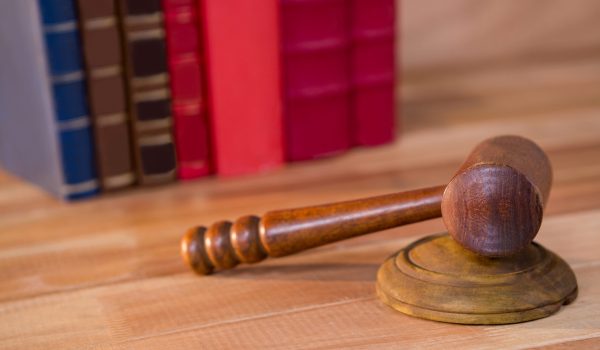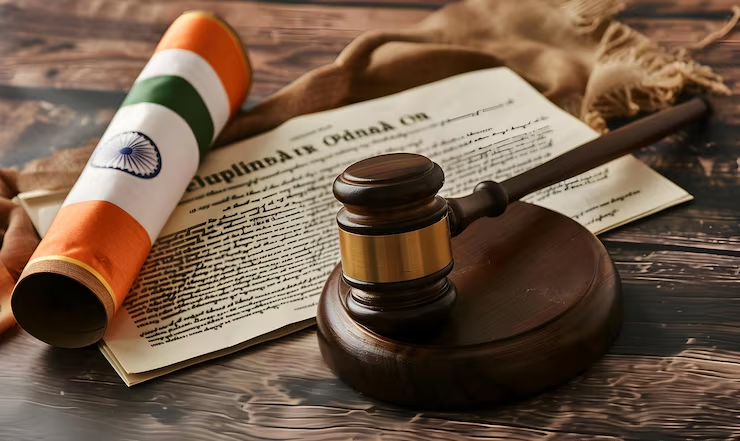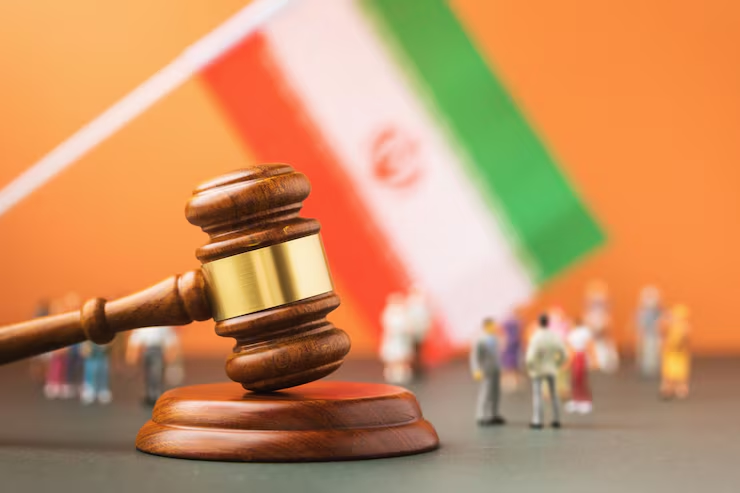Law is not just a profession but a dynamic mechanism that shapes the moral, political, and constitutional framework of society. In Central India—particularly Bhopal and Indore—the legal profession has been expanding rapidly, keeping pace with the socio-economic growth of Madhya Pradesh. Institutions like Chansoriya Law Chambers play a unique role in bridging the gap between academic knowledge and practical litigation, ensuring that law students, researchers, and young advocates receive proper guidance.
This article explores the significance of law chambers in today’s legal environment, the challenges of legal education, the evolving role of the judiciary, and how students preparing for NTA UGC NET, MPPSC SET, and judicial examinations can benefit from practical exposure in chambers across Bhopal and Indore.
Historical Perspective of Legal Practice in Madhya Pradesh
Bhopal and Indore have historically been centers of legal thought and judicial progress. The Madhya Pradesh High Court benches in Jabalpur, Indore, and Gwalior have delivered landmark judgments on constitutional and criminal law. These cities have produced eminent advocates and academicians who shaped the interpretation of statutes and principles of justice.
Law chambers today continue this legacy by mentoring fresh graduates of LLB and LLM programs and encouraging them to balance theoretical study with courtroom experience.
The Importance of Law Chambers in Legal Education
In most law schools, students are taught legal theory, case law analysis, and statutory interpretation. However, the actual application of these principles requires exposure to live cases, drafting, and client counseling.
Law chambers like Chansoriya Law Chambers provide:
Practical Training: Understanding court procedure, drafting petitions, and framing arguments.
Mentorship: Guidance from senior advocates and researchers with academic and professional expertise.
Research Orientation: Encouragement for publications, moot courts, and academic writing.
Professional Ethics: Emphasis on integrity, responsibility, and respect for clients’ rights.
Legal Academia and Professional Credentials
The author of this article, Dr. Satyam Chansoriya, embodies the academic-practice balance with qualifications including LLB, LLM, PhD in Law, NTA UGC NET, and MPPSC SET. These credentials reflect not only mastery over theoretical subjects like constitutional law, criminal justice, and jurisprudence but also a capacity to guide aspirants aiming for higher education, research, or state and national-level examinations.
Such credentials are not meant for self-promotion but to demonstrate that advanced legal study and professional chambers complement each other in the training of lawyers and teachers of law.
Emerging Legal Issues in Central India
Madhya Pradesh is witnessing rapid urbanization, industrial growth, and digital transformation. This has created new areas of litigation and research:
Cyber Law and Data Protection – With increased digital transactions, issues of privacy and cybersecurity are becoming central.
Environmental Law—Industrial development in Indore and Bhopal brings challenges of pollution, forest protection, and sustainable growth.
Constitutional Challenges – From reservation policies to electoral reforms, constitutional courts are continuously shaping governance.
Consumer Protection and Commercial Litigation – The rise of e-commerce has expanded consumer disputes, requiring specialized advocacy.
Law chambers serve as laboratories where these issues are debated, researched, and presented before courts.
Preparing for NTA UGC NET, MPPSC SET, and Judicial Services
One of the pressing concerns for law graduates in Madhya Pradesh is preparation for competitive examinations. While universities provide academic grounding, aspirants often require structured mentorship to succeed.
Law chambers provide a platform where aspirants can:
Engage in mock trials and moot court exercises.
Learn answer-writing techniques for descriptive examinations.
Discuss recent case laws and Supreme Court judgments.
Gain confidence for viva-voce and interviews.
For candidates aiming at NET/JRF, SET, or judicial services, this exposure is invaluable.
The Judiciary in Madhya Pradesh: A Living Institution
The judiciary in Madhya Pradesh is not merely an adjudicating body but also a protector of fundamental rights. Recent judgments on reservation, environmental protection, and service matters highlight the judiciary’s proactive role. Law chambers act as intermediaries, ensuring that citizens’ issues are properly represented and that young lawyers learn the constitutional values underpinning such cases.
Ethics, Integrity, and Professional Responsibility
One of the pillars of legal education is the inculcation of ethics. Without integrity, the profession cannot maintain public trust. Law chambers emphasize the Bar Council of India Rules, which demand honesty towards clients, fairness in arguments, and loyalty to the court.
Young advocates often learn these values not from textbooks but from observing their mentors in chambers and courtrooms.
Interlinking Legal Research and Litigation
Legal research is no longer confined to academic libraries. With online databases and AI-driven tools, advocates must stay updated with Supreme Court and High Court judgments, international conventions, and legislative amendments.
Law chambers integrate this research with litigation practice, making them a crucial hub for knowledge exchange. This dual approach ensures that law students and practitioners remain competent both in theory and in practice.
The Role of Bhopal and Indore as Legal Hubs
Bhopal: Known for administrative law, constitutional cases, and public interest litigation.
Indore: Emerging as a commercial and arbitration hub due to its industrial base.
Chambers in both cities provide opportunities for students from local law colleges and universities to gain hands-on experience while preparing for higher studies and professional examinations.
Challenges Faced by Law Students and Young Advocates
Despite opportunities, several challenges persist:
Limited access to practical training during law school.
Over-dependence on coaching institutes without real exposure to courtrooms.
Lack of guidance in research methodology for dissertations and PhD aspirants.
Balancing between litigation, academic writing, and competitive examination preparation.
Law chambers attempt to address these gaps by offering mentorship and structured guidance.
Future of Legal Practice in Central India
With digital courts, e-filing, and artificial intelligence entering the legal profession, the future advocate must be both technologically skilled and ethically grounded. Law chambers will continue to serve as the bridge between tradition and innovation—preparing advocates to adapt to online hearings, virtual arbitration, and international collaborations.
Conclusion
Legal education and practice cannot exist in isolation. Universities and law schools provide the theoretical foundation, while law chambers bring those theories to life through real disputes, courtroom experiences, and research opportunities.
In Central India, particularly in Bhopal and Indore, chambers like Chansoriya Law Chambers demonstrate how legal practice, academic excellence, and ethical responsibility can converge to shape the next generation of lawyers, researchers, and judges.
The journey of law is continuous—always adapting to social change, constitutional values, and global challenges. As law students and professionals in Madhya Pradesh step forward, the guidance of experienced chambers will remain an essential pillar in their pursuit of justice.





